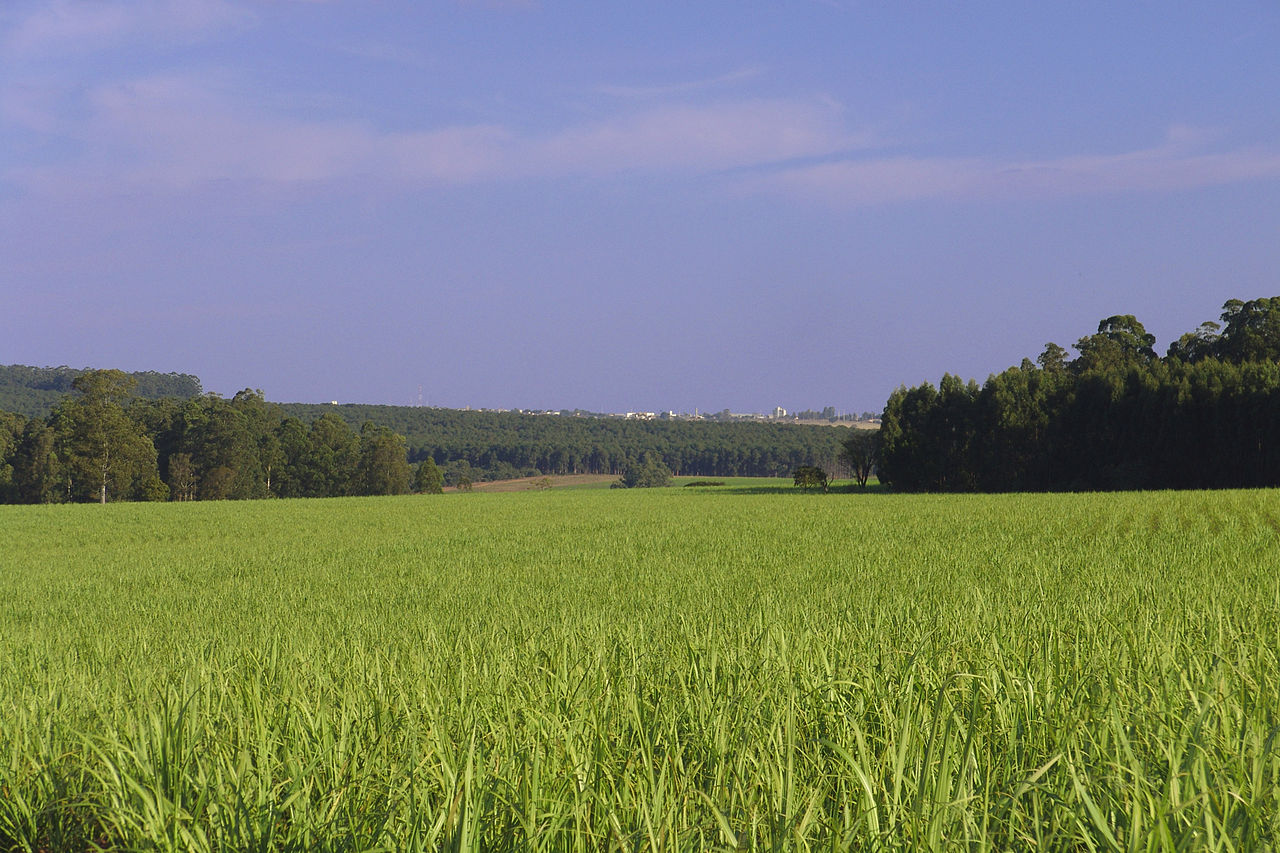Biomass Production
The modern world produces a huge amount of biomass, and those who produce it and scientists have been studying how to use biomass productively for decades. According to the Bioprocessing Organization, there are eleven “best management practices (BMP)” that can help industries “develop, produce, and investigate the machinery for physical bioprocessing of biomass” and “for those companies developing biomass feedstock specifications for proprietary conversion processes.”
Biomass is used in energy processes most commonly through combustion (burning) or via biochemical conversions that turn organic matter into fuel. Typical organic materials used to produce biomass energy include corn, cow manure, farm waste, grass and other plant life, sawdust, sugarcane, and more.
Biomass Energy Technologies & Sustainability
The bottom line for turning biomass into energy depends on the energy efficiency of the processes used and the reduction of emissions that might occur during the processing.
According to the Renewable Energy Program at the UK College of Agriculture (UKCA), “structural plant carbohydrates (fibrous biomass) can be used as inexpensive and renewable feedstocks for biologically-mediated conversion processes.” Since 1995, UKCA has been studying the how thermophilic and anaerobic bacteria field can be used as “biocatalysts” to convert biomass to biofuels.
Storage & Handling of Biomass
Today, the processing, storage, and handling of biomass should occur with the “Best Available Techniques” (BAT) in solid biomass fuel processing, storage, and handling of its conversion into pellets or other forms. Today, biomass fuel processing is capable of occurring in almost all manner of biological origin that is combustible.
As a result, the biomass industry is growing rapidly, and operators and environmental authorities and consultants are working hard to limit environmental emissions, reduce wastes that are created from commonly used processes, and to limit toxic chemicals and admissions that might affect the soil, nearby rivers, or the atmosphere.
Indeed, biomass is big business as the following video from Honeywell’s Renewable Fuel Solutions Group explains in “Renewable Fuel from Biomass.”







